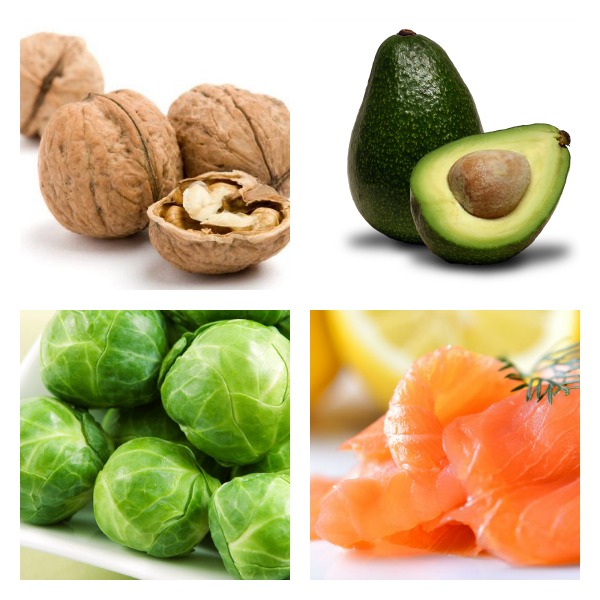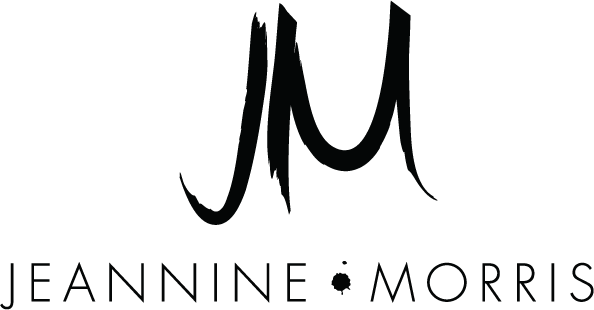 Did you know that some of the food you eat can help fight free radicals, moisturize your skin and even keep you trim? Ah! Now you're paying attention. Yes, there are hidden beauty benefits in your food. Through a survey conducted by Simple Skincare, 50%of women claim they strive for a healthy diet. However, they are missing key foods that can do wonders for their beauty health. We talked with Nicole Avena, PhD, author of Why Diets Fail to get the scoop on how these foods can benefit us and some tips on how to incorporate them into your daily routine.
Did you know that some of the food you eat can help fight free radicals, moisturize your skin and even keep you trim? Ah! Now you're paying attention. Yes, there are hidden beauty benefits in your food. Through a survey conducted by Simple Skincare, 50%of women claim they strive for a healthy diet. However, they are missing key foods that can do wonders for their beauty health. We talked with Nicole Avena, PhD, author of Why Diets Fail to get the scoop on how these foods can benefit us and some tips on how to incorporate them into your daily routine.
Brussels sprouts are one of the most beneficial foods when it comes to your long-term health. “They can lower cholesterol and help with DNA protection,” Dr. Avena explains. “And they are among the highest content when it comes to glucosinolate, which is a cancer-protective element.” Avena suggests steaming brussels sprouts for your lunch or dinner veggie.
If you’re looking for a food to increase your mood (and who isn't), walnuts are the food for you. And believe it or not, improving your mood goes hand in hand with improving your skin. Avena explains that they are packed with B-vitamins, which is good for stress and mood management. “B-vitamins, together with Vitamin E, a natural antioxidant, help fight the free radicals induced due to stress. This further delays the ageing process.” And who doesn’t want that, right?
Another food that benefits your skin is wild salmon. It’s a great source of omega-3 fatty acids, which helps keep your skin supple and moisturized. Salmon is also great during summer because it contains selenium, a mineral that protects the skin from UV-exposure.
Looking to maintain a healthy figure? Avocados will help keep you lean and trim. "They're a great source of both insoluble and soluble fiber," Avena explains. Insoluable fiber keeps you regular, while soluable fiber helps control appetite by making you feel fuller. This is a favorite of Avena’s. “I’m really liking avocados right now. They are easy to turn into a dip by mashing 1-2 up and adding some spices. Also, they are delicious on their own for a quick healthy snack. I cut them in half and eat then out of the skin with a spoon.”
What's your favorite beauty food? According the the survey, 68% of women are missing out on Brussels sprouts, 62% on walnuts, 57% on salmon and 56% miss avocados. Ladies, let's get munching on the right stuff!
























